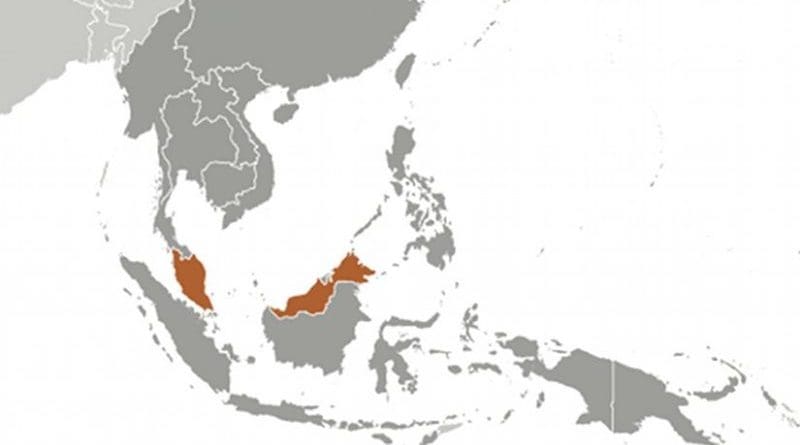Alarm Raised As Malaysia Prepares For Next Influx Of Boat Refugees
By UCA News
By Jack Wyatt
International aid agencies have had difficulty gaining access to a detention center in Malaysia, where hundreds of Myanmar and Bangladeshi migrants have been held in reportedly substandard conditions since the Andaman Sea migration crisis in May.
As the “sailing season” is set to begin again with the approaching end of the monsoon season in the Bay of Bengal, there are fears that Malaysia will be unprepared for the next influx.
At least 1,150 migrants and refugees, rescued near northern Malaysia’s Langkawi island in May, were taken to the Belantik detention center in Kedah state.
Both the U.N. Refugee Agency and the International Organization for Migration requested access to the facility. However, only the refugee agency has been allowed in to the center, and that permission wasn’t granted until August — three months after the May crisis began.
Sources have told ucanews.com that gaining access and basic information has been difficult, even for large international agencies. The precise number of people being held at the center has been difficult to confirm as well. Malaysia was believed to have taken in about 1,150 migrants and asylum seekers in May, but about 500 Bangladeshis have since been returned, according to sources.
Mohammad Harun Al Rashid, regional coordinator of the nongovernmental organization Caram Asia, which works on health and migration, said his organization previously had access to the center, but that has since been stopped.
“Now the situation is not so good,” he said. “According to [detention center] workers, the situation is still bad.”
The medical relief organization, Mercy Malaysia, had access to the detention centre shortly after the May arrivals. At that time, the group’s president, Ahmad Faizal Mohd Perdaus, warned of poor conditions in the facility.
“It is overcrowded in there,” he told Malaysian media. “The risk of communicable diseases is quite high.” Reports at the time suggested the centre had a capacity of 950, but more than 2,000 migrants were being held within the cramped space.
‘He thought it was hell’
Rights advocates who have helped migrants recently released from immigration detention centers throughout Malaysia also spoke of worrying conditions.
Sayed, a Bangladeshi volunteer living in Kuala Lumpur who helps undocumented workers and recently released detention centre inmates return home, told ucanews.com that there is often little food and clothing given to detainees.
“If people in the camps want to make a phone call, I had one detainee tell me he was made to pay 50 ringgit (US$11) every time,” said Sayed, who asked that his full name not be used as he works with people at risk of arrest and detention.
“Their families have to send the 50 ringgit via mobile credit to the guards,” he said. “If the guards do not get it, they make life hell for the people who call.”
Sayed spoke of a Bangladeshi who spent 90 days in detention because he took a job as a janitor, violating the terms of his student visa.
“Every morning, he would pray to Allah to die so he could be removed from hell,” Sayed said. “He thought it was hell.”
The U.N. Refugee Agency, which did not have access to the Belantik detention center until August, said its staff are working to assess whether people still detained in the center need protection and are advocating for their release.
Vivian Tan, a spokeswoman, said detaining refugees and asylum seekers should always be a last resort.
“Many of them have fled terrible conditions and suffered further during the journey,” she told ucanews.com. “Confining them for long periods of time in often crowded conditions can only exacerbate the trauma they have been through.”
The International Organization for Migration, too, has offered its help with migrants and asylum seekers still detained in Belantik. However, the Malaysian government has declined, according to Jeffrey Labovitz, the group’s chief of mission in Thailand.
With little information available about conditions in Malaysia’s immigration detention centers, people who advocate for migrants and asylum seekers say the coming sailing season represents a major concern.
Caram Asia’s Al Rashid warned of a lack of coordination between key international agencies, including U.N. organizations.
“If an influx comes in, I don’t know what they will do,” he said.
“What is happening is the U.N. agencies are consulting with the government and the [nongovernmental organizations] are trying to shout and know what is happening. It is not effective. The government is not sitting down and working together and there is little coordination between agencies.”

